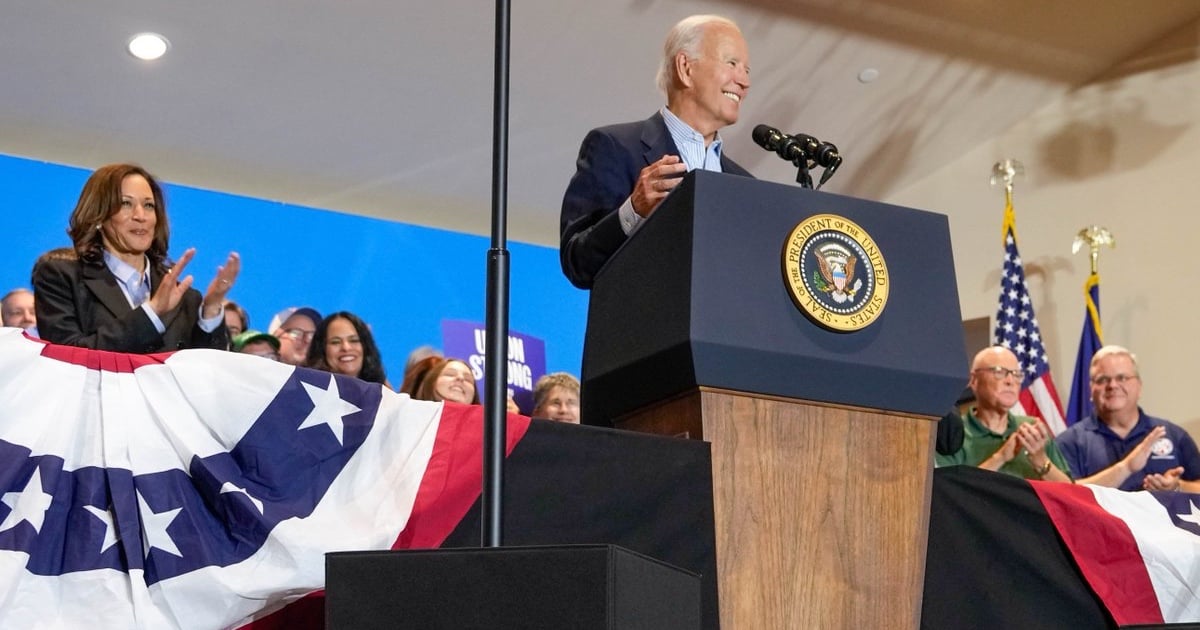The Biden Administration has placed Cuba on a list of countries not making "significant efforts" to halt human trafficking, announcing sanctions against Miguel Díaz-Canel's government. These sanctions will remain in effect until the Cuban authorities demonstrate a change in attitude and "comply with, or make efforts to comply with, the standards set by the anti-human trafficking law."
In a presidential memorandum addressed to the Secretary of State, who will then present it to Congress, President Joe Biden warned the Cuban government that the United States "will not provide non-humanitarian or trade-related assistance, nor allow funding for Cuban government officials or employees to participate in educational and cultural exchange programs during fiscal year 2025." This measure also affects Belarus, North Korea, Eritrea, Macau, Nicaragua, Russia, and China, among other countries listed in the memorandum.
According to Martí Noticias, Biden has directed U.S. executives at multilateral development banks and the International Monetary Fund to vote against granting loans or other financial aid to Cuba and other sanctioned countries for their lack of cooperation in combating human trafficking. However, this measure does not include funds designated for humanitarian assistance or basic trade commodities.
It should be noted that in April of this year, the United States announced it would restrict visas for officials and employees of governments and organizations contributing to the "trafficking of Cuban doctors," among other measures approved under the State, Foreign Operations, and Related Programs Appropriations Act for Fiscal Year 2024.
Tougher Measures Against Human Trafficking
In late March, the U.S. Congress passed a bill supporting democracy in Cuba, incorporating these measures under the Consolidated Appropriations Act of 2024, authored by Diaz-Balart. In September, the U.S. Congress again introduced a resolution calling for visa withdrawals for officials from countries involved in the trafficking of Cuban doctors. This resolution was based on the June 2024 State Department Trafficking in Persons Report, which ranked Cuba at a low level of cooperation (Tier 3) with anti-trafficking laws and reiterated criticism for the continued export of Cuban medical services using "deceptive or coercive tactics."
The Humanitarian Crisis in Cuba
The Cuban government retains 75% of the income earned by doctors sent abroad, claiming that this money will be invested in the public health system—a promise that remains unfulfilled even with state funds. This has plunged Cuba's healthcare system into a severe crisis, lacking human resources, materials, and infrastructure.
Meanwhile, Cuban doctors are kept in near-slavery conditions, threatened with exile if they abandon their missions. Those who dare to leave face numerous obstacles in getting their qualifications recognized and finding work in other countries. Some even have their passports confiscated to prevent them from escaping.
